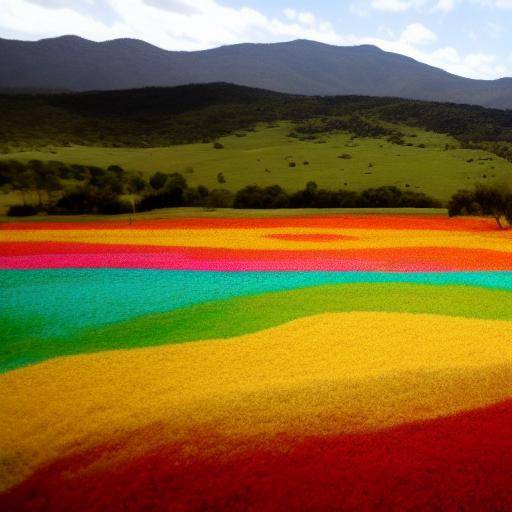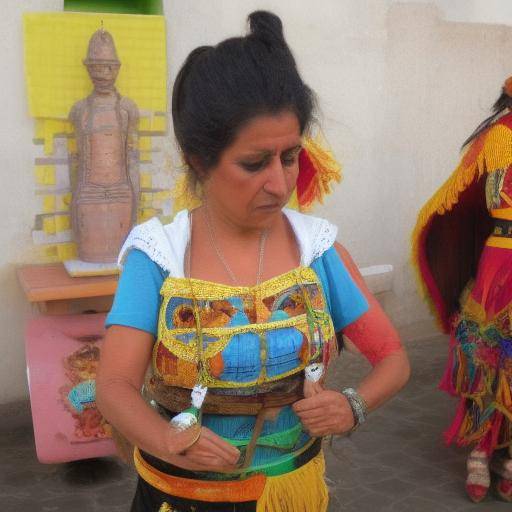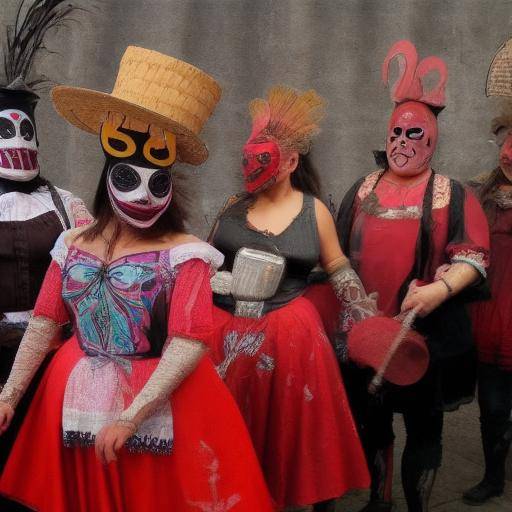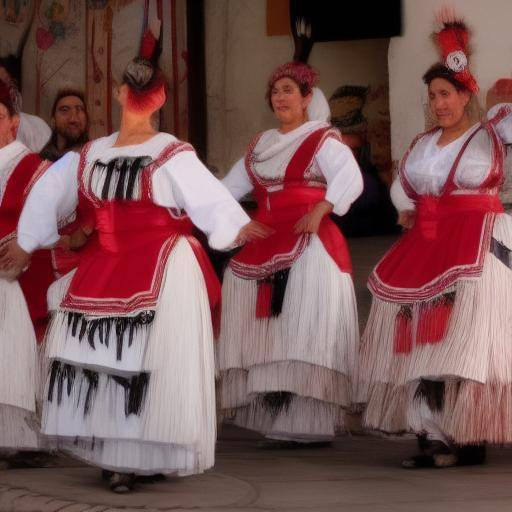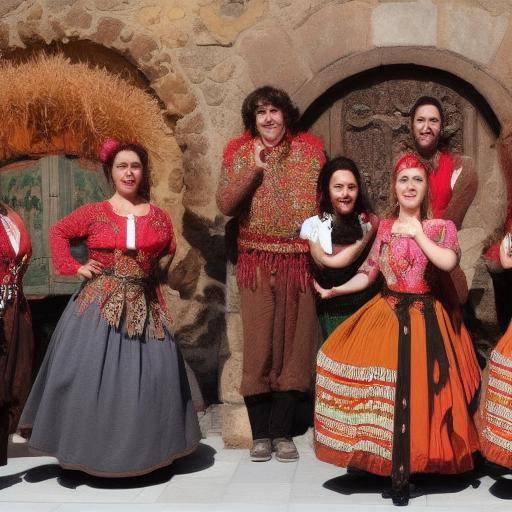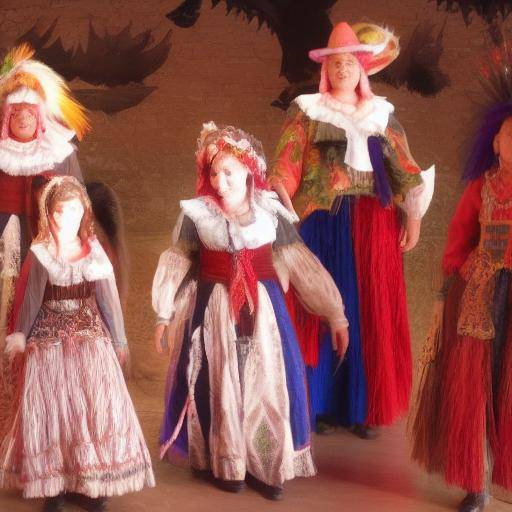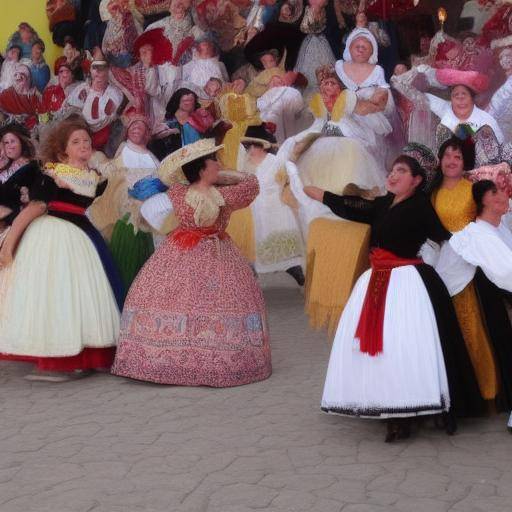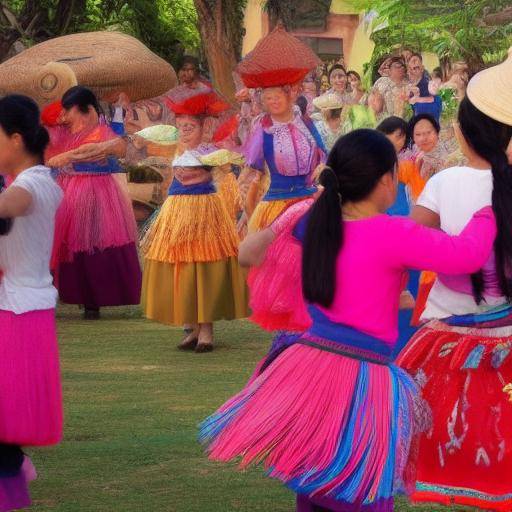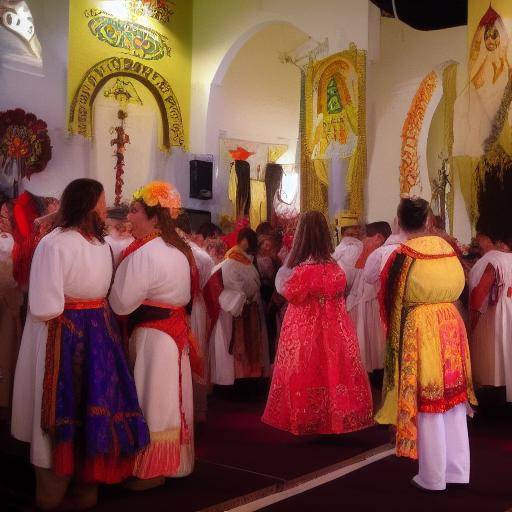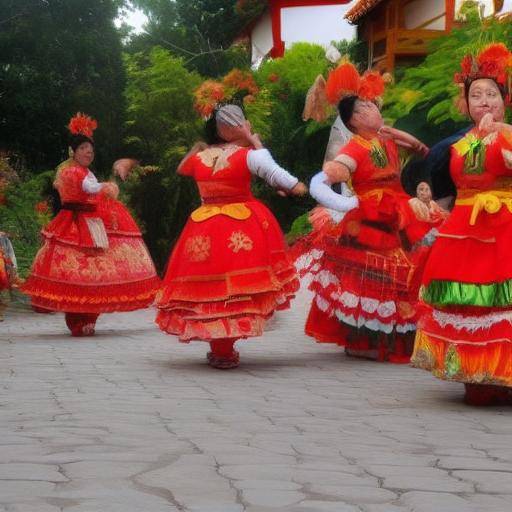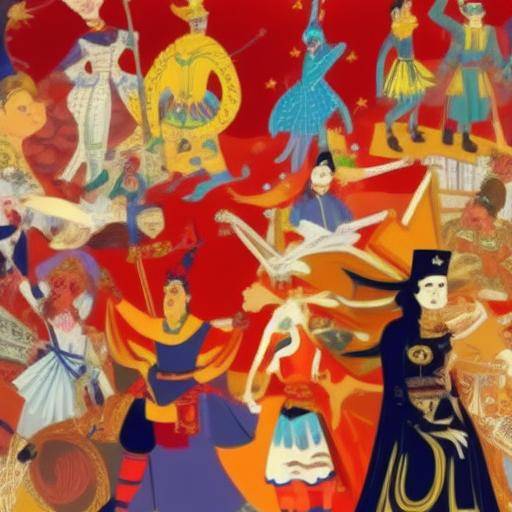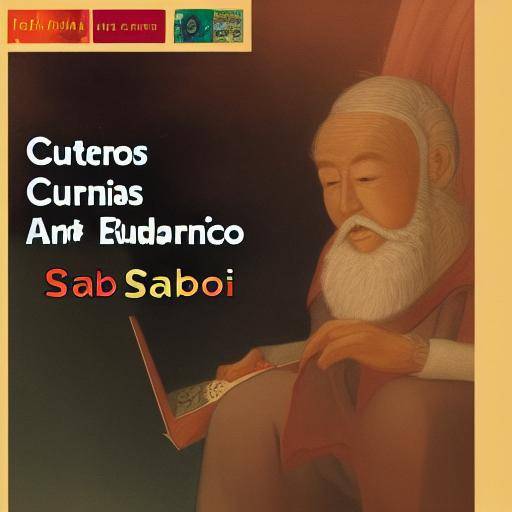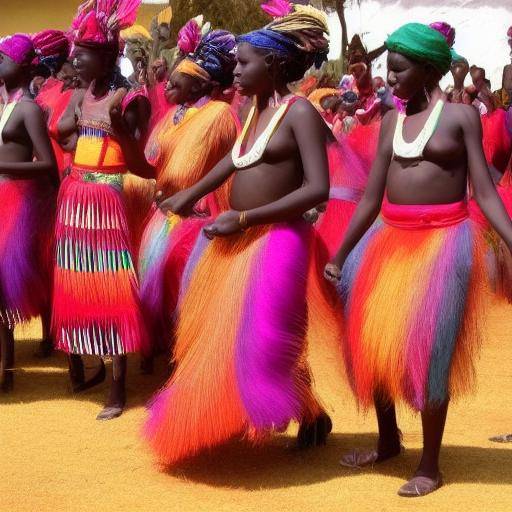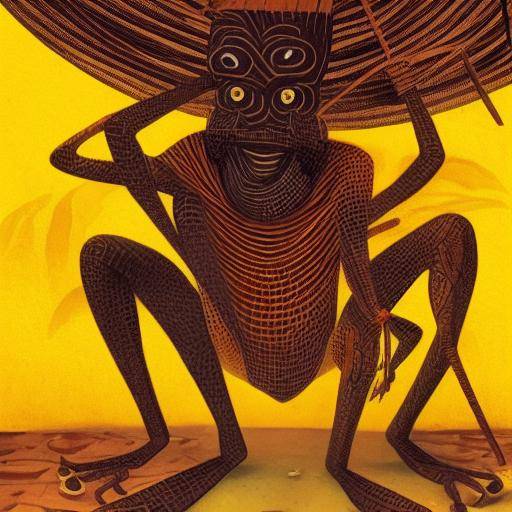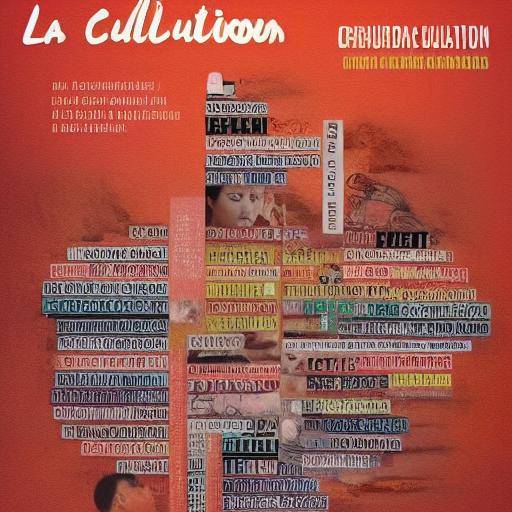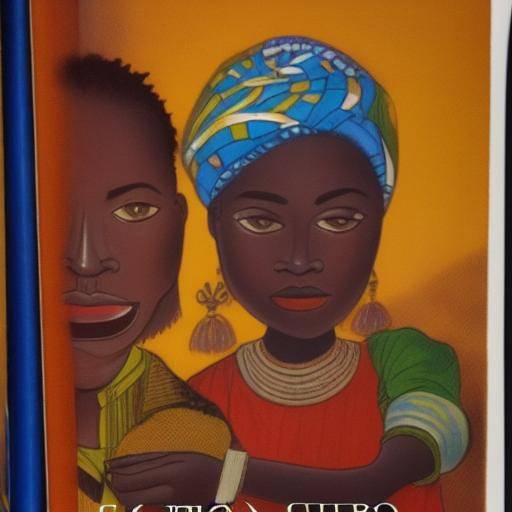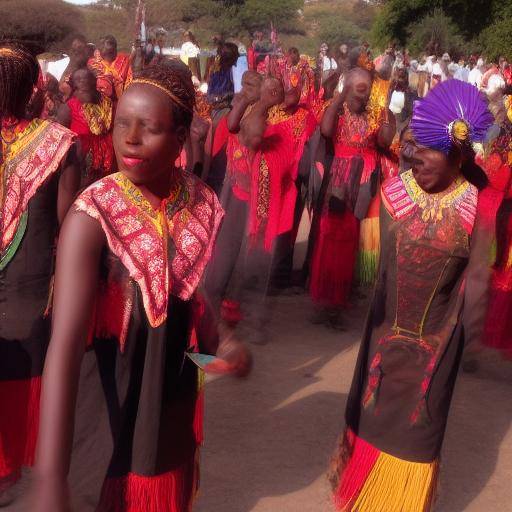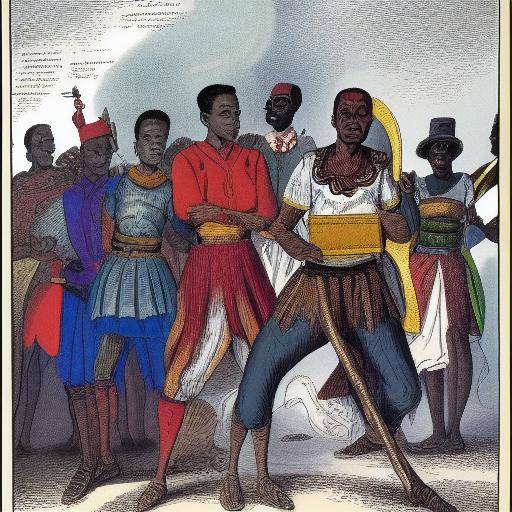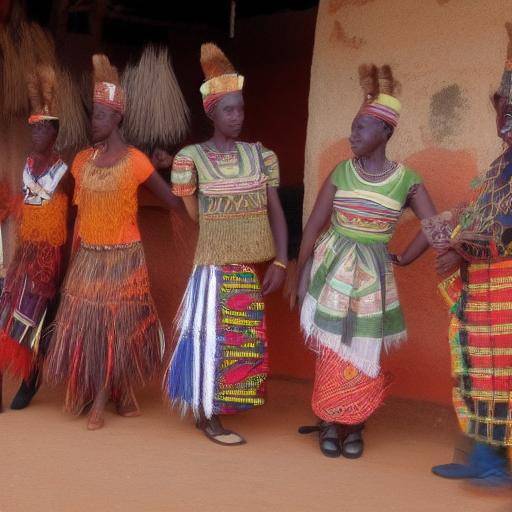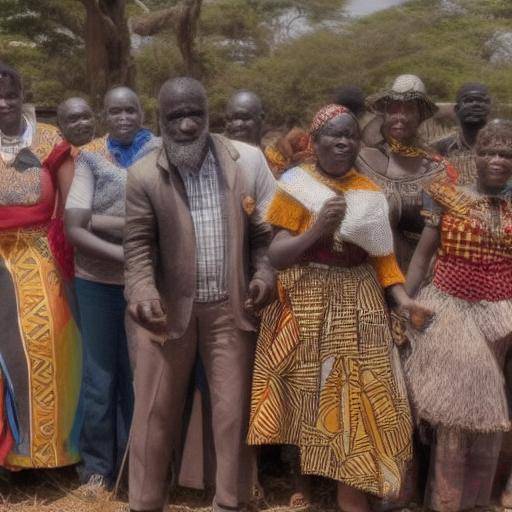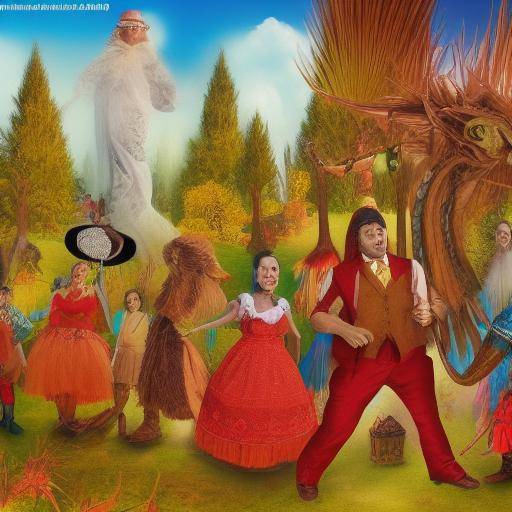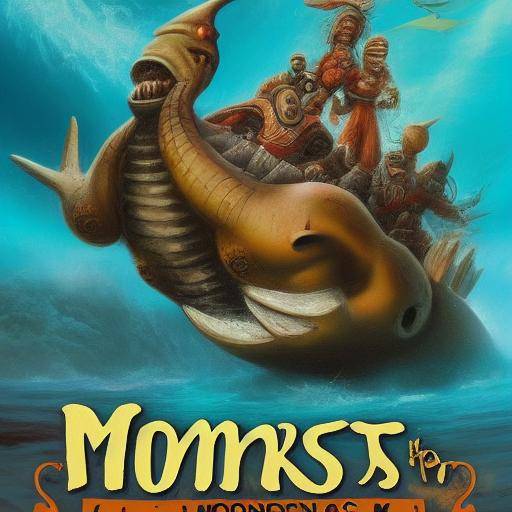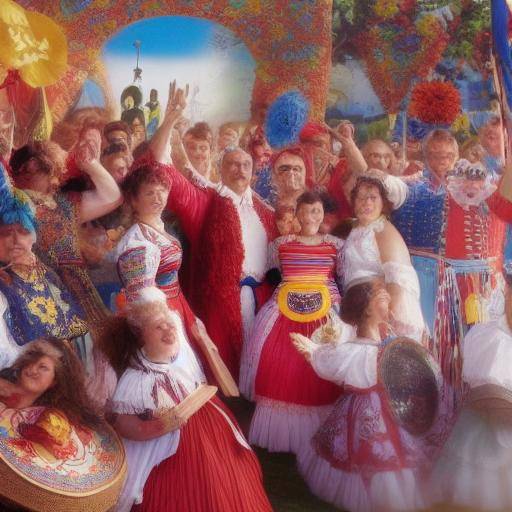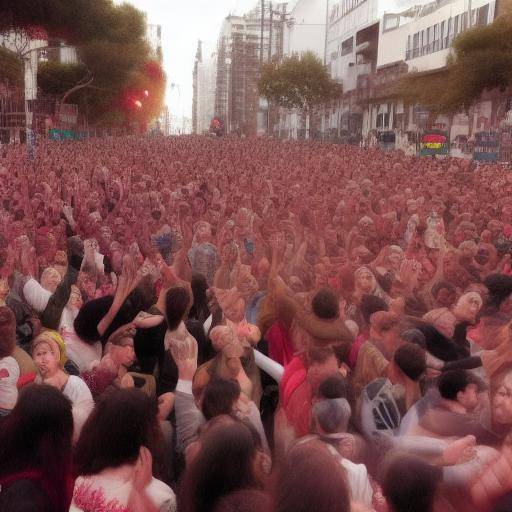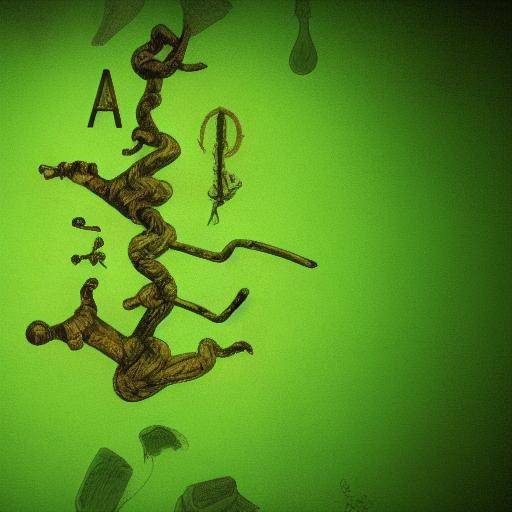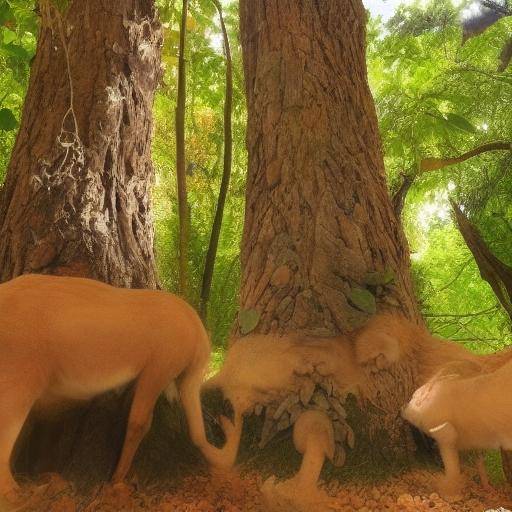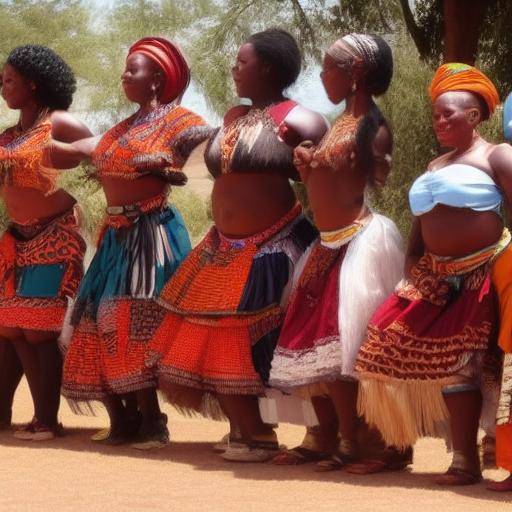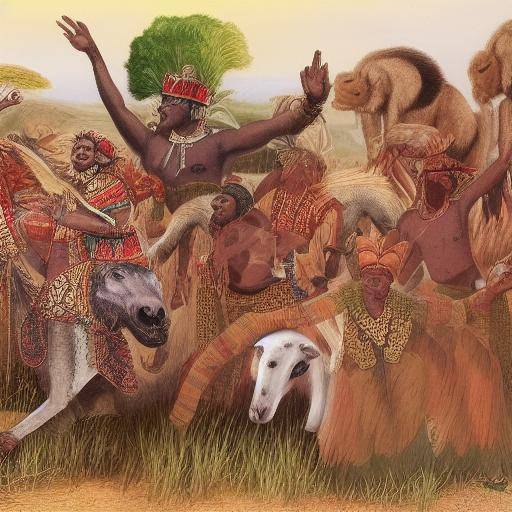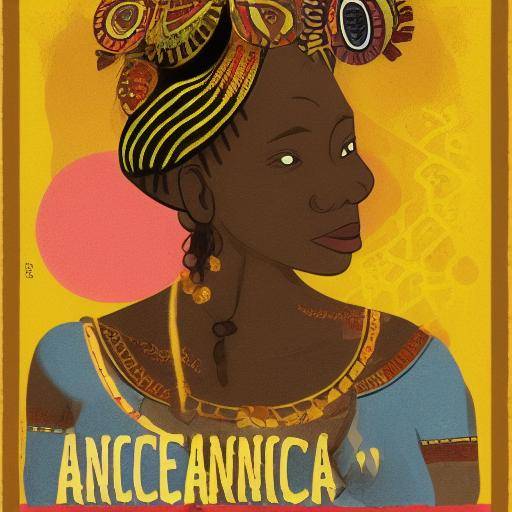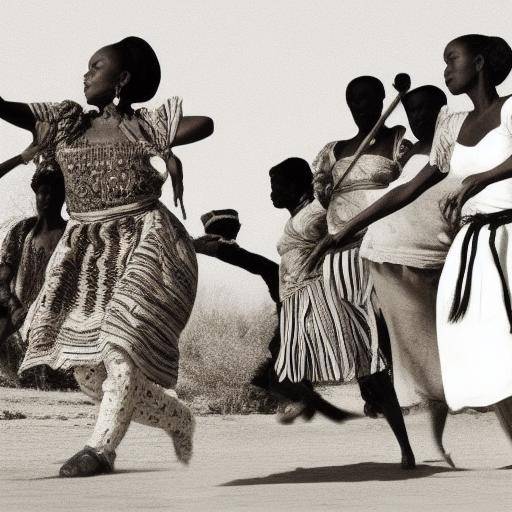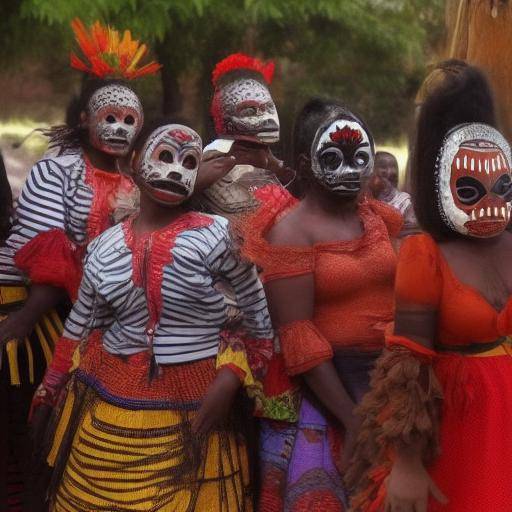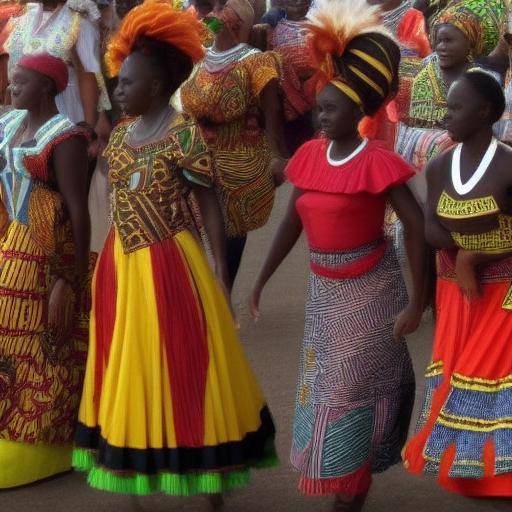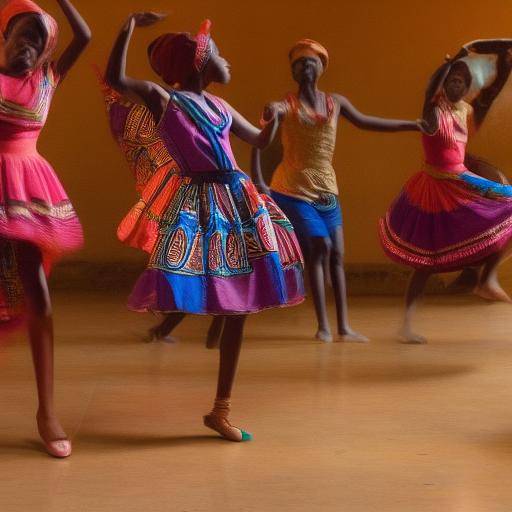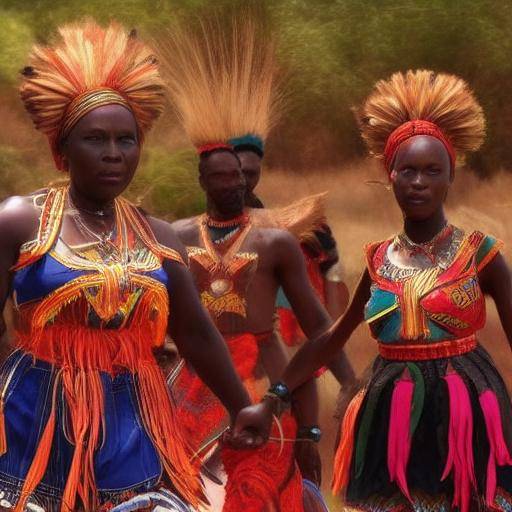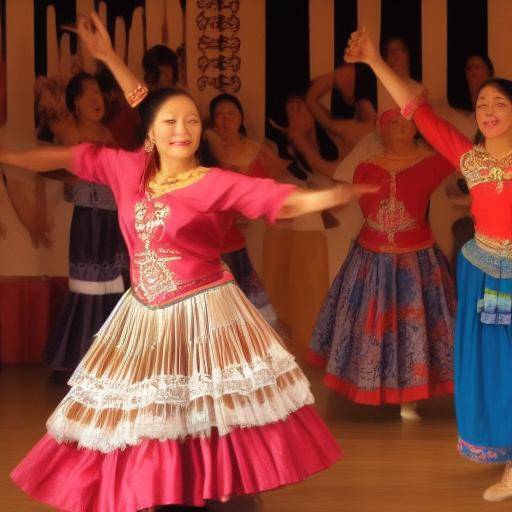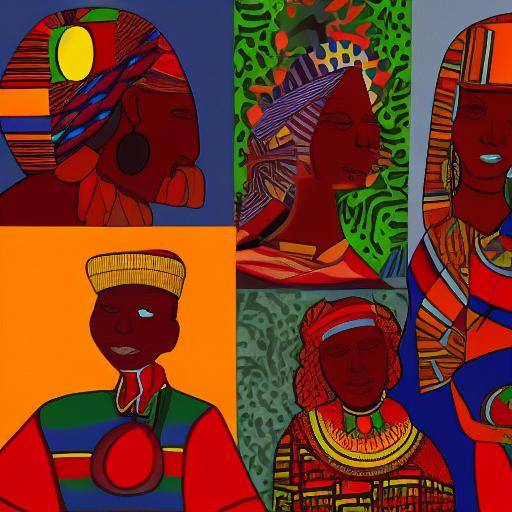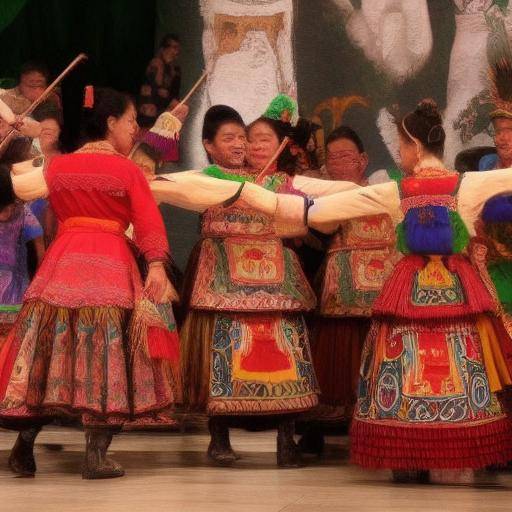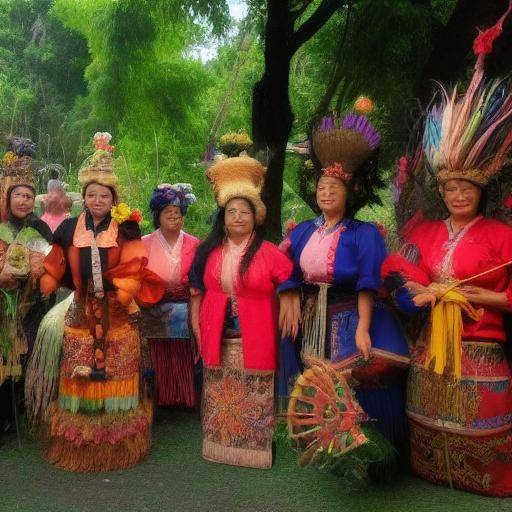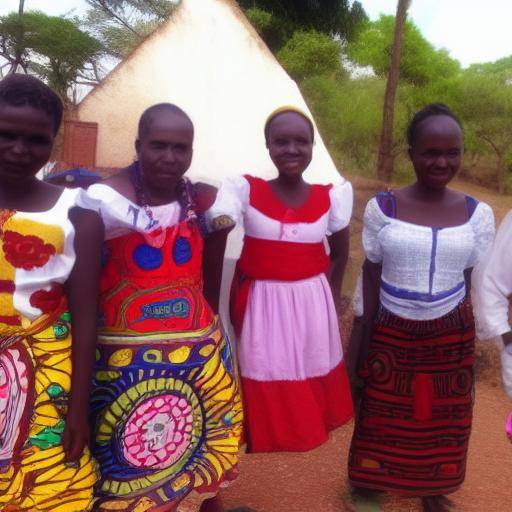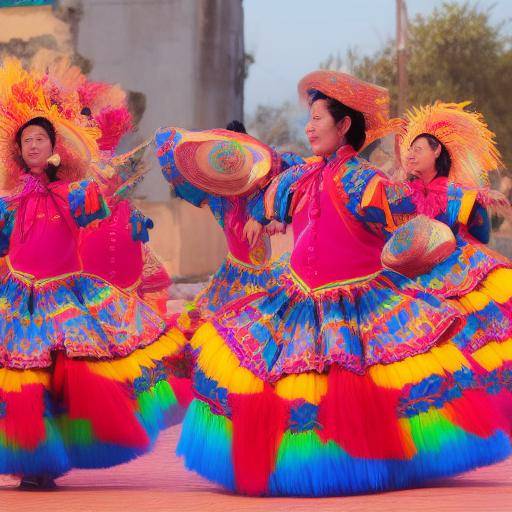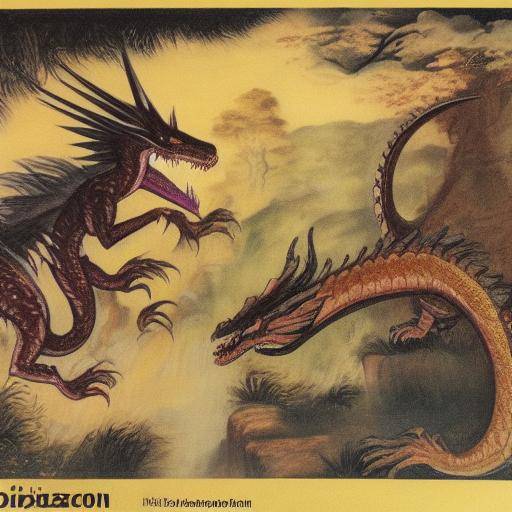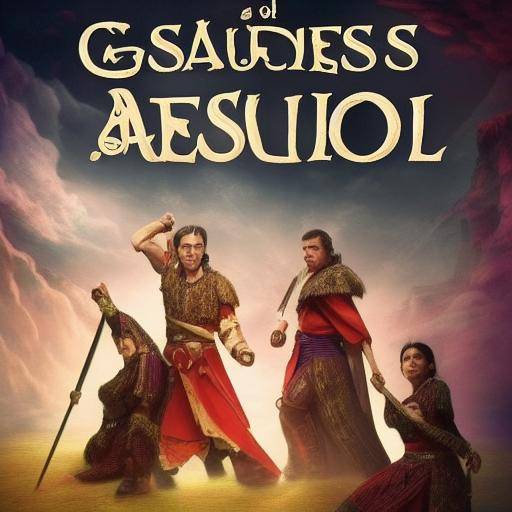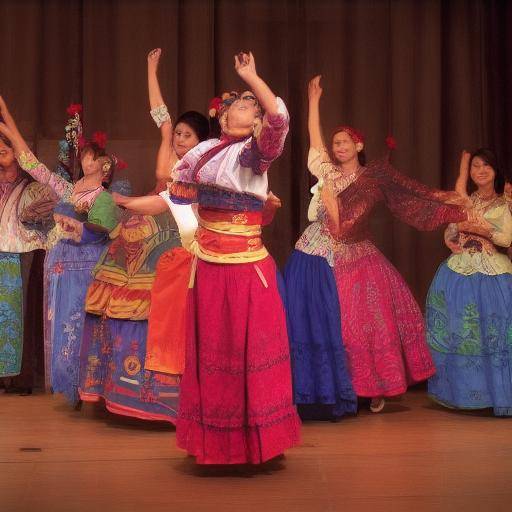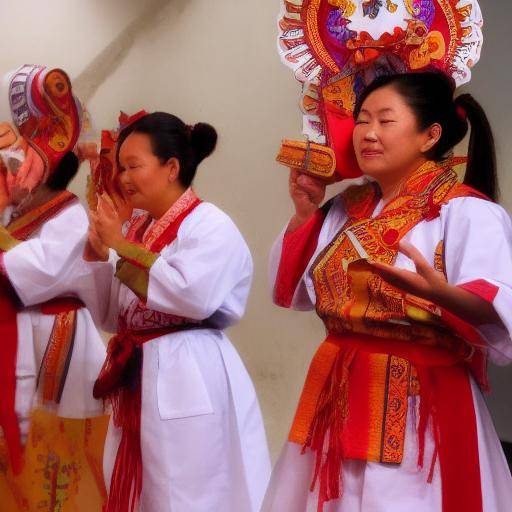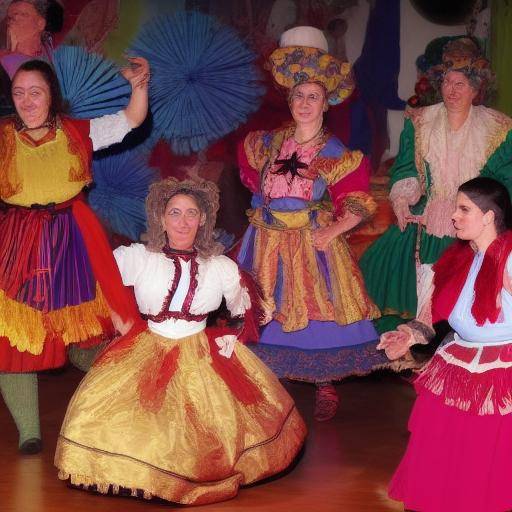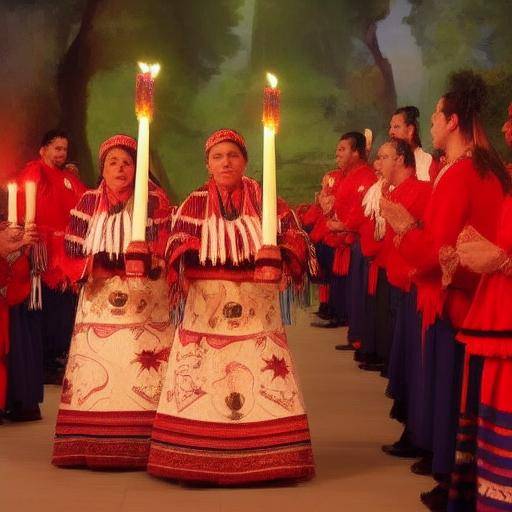
Latin American folklore is rich in traditions, rituals and ceremonies that have endured over the centuries. These practices reflect the cultural diversity and rich history of the region, offering a window to the beliefs, customs and values of its peoples. In this article, we will explore in detail Latin American rituals, ceremonies and folklore, as well as their importance, evolution and impact on everyday life.
Introduction
Cultural traditions and practices have been fundamental in the development of Latin American societies, and rituals and ceremonies play a central role in the preservation of cultural and spiritual identity. In this regard, it is crucial to understand the importance of these elements in the context of Latin American folklore to fully appreciate the richness and diversity of the region.
In the next sections, we will explore in detail the history and background of rituals and ceremonies in Latin American folklore, as well as its current relevance, its influence on everyday life and its projection towards the future. In addition, we will provide practical advice, interviews with industry experts and insights on future trends and predictions.
History and background
Latin American folklore has its roots in indigenous traditions, as well as in the European and African influences that came with colonization. The rituals and ceremonies are intrinsically linked to the cosmovision, beliefs and cycles of nature. From ancient pre-Columbian civilizations to the present day, these rituals remain fundamental in the lives of Latin American communities, adapting and evolving over time.
The discovery of America in 1492 marked the beginning of the fusion of indigenous, European and African cultures, leading to a diversity of ritual and ceremonial practices that reflect the cultural wealth of the region. The rituals of fertility, agricultural cycles, religious celebrations and healing ceremonies are just a few examples of the variety of practices that form part of Latin American folklore.
Today, many of these rituals and ceremonies have acquired a new meaning, integrating into the daily life of the communities, preserving their cultural heritage and keeping the ancestral traditions alive.
In-depth analysis
The rituals and ceremonies in Latin American folklore have a significant impact on various aspects of people's lives. From their influence on health and well-being to their role in building cultural identity, these practices play a crucial role in Latin American society.
The healing and purification rituals, for example, have been used for centuries to treat physical and mental illnesses, keeping alive the traditional healing traditions. In addition, religious ceremonies and folk festivals play an important role in cultural expression and social cohesion, strengthening ties between communities and transmitting values and beliefs to future generations.
Despite its importance, rituals and ceremonies also face challenges in contemporary society. The impact of globalization, climate change and urbanization has led to changes in how these practices are perceived and practiced. This has generated debates around the preservation and adaptation of rituals and ceremonies in a constantly evolving world.
Comprehensive review
The preservation and promotion of rituals and ceremonies in Latin American folklore faces unique challenges and opportunities in the 21st century. In an increasingly interconnected world, it is crucial to find a balance between preserving ancestral traditions and adapting to modern realities.
Various cultural revitalization initiatives and research projects play a key role in preserving and disseminating ritual practices and ceremonies in Latin American folklore. In addition, communities and organizations are working in collaboration with anthropologists, historians and community leaders to document and preserve these rituals, ensuring that they continue to be an integral part of Latin American cultural heritage.
Comparative analysis
Compare Latin American rituals, ceremonies and folklore allows us to appreciate the diversity and cultural wealth of the region. Although there are similarities in ritual practices in different countries, each community has its own unique beliefs and traditions that are reflected in its rituals and ceremonies. For example, the celebrations of the Day of the Dead in Mexico and the Pachamama ceremony in the Andes are distinct manifestations of the connection between life, death and nature.
In addition, the influence of religion, history and geography has shaped the diversity of rituals and ceremonies in Latin America. Studying these differences and similarities gives us a deeper understanding of the complexity and beauty of cultural practices in the region.
Practical advice and recommendations
If you want to explore and participate in Latin American rituals and ceremonies, it is important to do so with respect and consideration towards communities and their traditions. Here are some practical tips for those interested in learning more about Latin American folklore:
- Investigate and learn about the history and cultural context of the rituals and ceremonies that interest you.
- See reliable sources such as anthropologists and local experts for accurate and respectful information.
- Participate in cultural celebrations and events with an open and respectful attitude towards traditional practices.
- It supports local communities through the purchase of handicrafts and participation in activities that promote the preservation of traditions.
Industry perspectives and expert opinions
Experts on anthropology, folklore and cultural studies offer valuable insights on the importance and impact of rituals and ceremonies on Latin American folklore. His research and field experiences provide a detailed view of ritual practices and their evolution over time.
In addition, community leaders and representatives of cultural organizations have a profound understanding of the needs and challenges facing communities in preserving their traditions. Their views and experiences in promoting cultural diversity provide a practical and relevant perspective on the subject.
Case studies and applications in real life
Case studies offer concrete examples of how rituals and ceremonies continue to play a vital role in the daily lives of Latin American communities. These cultural practices not only preserve identity and traditions, but also contribute to socio-economic development and sustainable tourism in the region.
For example, traditional holidays attract visitors from around the world, generating economic opportunities for local communities and promoting greater understanding and appreciation for Latin American culture.
Future trends and predictions
As Latin America continues to evolve, it is crucial to take into account future trends and projections regarding rituals and ceremonies in folklore. With the advancement of technology, globalization and social changes, these practices are likely to continue to adapt to maintain their relevance in the twenty-first century.
In addition, the role of new generations in the preservation and promotion of rituals and ceremonies will be fundamental to ensuring that these traditions are perpetuated in time. Through education, awareness and active participation, communities can ensure that their rituals and ceremonies remain an integral part of Latin American cultural heritage.
Conclusion
The rituals and ceremonies in Latin American folklore are a living manifestation of the rich history and cultural diversity of the region. Its importance transcends the mere cultural, as it contributes to social cohesion, community well-being and the preservation of Latin American intangible heritage.
In conclusion, exploring Latin American rituals, ceremonies and folklore allows us to immerse ourselves in a rich cultural tradition that continues to be relevant in contemporary society. These practices not only connect us with the past and the present, but also inspire us to appreciate the diversity and beauty of the region.
Frequently asked questions
What is the importance of Latin American rituals today?
Latin American rituals keep alive the cultural heritage of the region, promoting social cohesion and community well-being. In addition, they are a way of preserving ancestral beliefs and traditions, transmitting them to future generations.
How do Latin American rituals differ from other cultural traditions?
Latin American rituals are distinguished by their diversity and fusion of indigenous, European and African influences. This cultural interconnection gives rise to unique and varied ritual practices throughout the region.
How can I participate in a Latin American ritual respectfully?
To participate in a Latin American ritual in a respectful manner, it is important to know about its history and meaning, as well as to show respect for the beliefs and traditions of the host community.
What is the role of ceremonies in Latin American folklore?
The ceremonies in Latin American folklore play a fundamental role in the celebration of cultural life, nature and beliefs. They serve as an expression of identity and community cohesion.
How are rituals and ceremonies evolving in the contemporary context?
In the contemporary context, rituals and ceremonies are evolving to adapt to social and cultural changes, integrating traditional elements with new forms of expression and participation.
What is the impact of rituals and ceremonies on the identity of Latin American communities?
The rituals and ceremonies contribute to the preservation and strengthening of the cultural identity of Latin American communities, promoting a sense of belonging and connection with their cultural roots.
Exploring rituals and ceremonies in Latin American folklore invites us to appreciate the cultural wealth of the region, as well as to reflect on the importance of preserving and valuing ancestral traditions. These practices enrich our lives, connecting with the history, nature and essence of Latin America itself.

